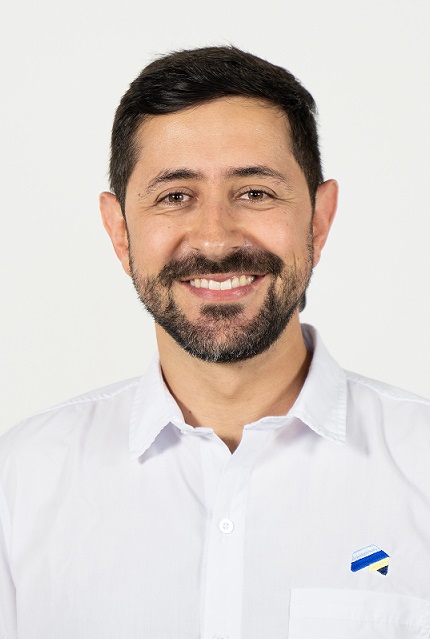On the lighter side of things, we ask Juan David Orozco, CTO and Co-founder, Home Capital, what makes him tick.

What would you describe as your most memorable achievement?
Undoubtedly my biggest achievement is the impact and transformation that I have made in many lives through technology – both clients and users, as well as for people from my work teams.
What first made you think of a career in technology?
When deciding what career to study in my youth, I was not so clear about a purpose, and I was considering my vocation and the satisfaction of developing complex systems with something such as programming languages.
I understood what to expect from the future and comprehended that technology is the best way to transform today and tomorrow.
I found a purpose when I learned the potential of aligning that capacity with great business ideas. Then I sought allies such as leaders, entrepreneurs and creative people that have allowed me to accompany them in doing what I like and strengthening their capabilities to generate impact.
What style of management philosophy do you employ in your current position?
I lead technology teams where talent today is in high demand. These talents always want a challenge, so I keep them challenged and free to create, shine and propose. Based on my experiences, they also teach me, and I am happy to learn and watch them grow and excel.
What do you think is the current hot technology conversation topic?
Those who lead technology teams have many challenges in recruiting, training and selecting talent. We are bound to be quite creative, to give opportunities to people who do not have a background in technology and help them advance quickly. We have lawyers, publicists, biologists and business administrators on our team that demonstrated the ability to provide equal or more value.
How do you deal with stress and relax outside of the office?
I have a dog named Milo, and he is the best therapy for stress, taking a nap, playing in the park and working out. When Milo is resting, I like to learn about different things that can disconnect me. I enjoy history, genealogy and a couple of video games.
If you could go back and change one career decision, what would it be?
I was in a cycle that I considered completed, so I decided to leave one company after being offered another that was very interesting and involved long training abroad in a place I had always wanted to visit.
The company offered me an opportunity for growth, and I received a promotion and better pay, but along the way, I realized that my cycle was over and I was not growing, even with these changes.
What do you currently identify as the top investment areas in your industry?
The PropTech industry is investing heavily in developing technologies and new business models.
Combining powerful business models with well-built technical solutions is the key to innovation and has a significant impact on startups. An operation based on people alone is not sustainable because technology facilitates and simplifies processes.
What are the specific challenges of the region when implementing new technologies in Latin America?
The region has a large deficit of technology professionals, so the main challenge is to train more and more quality professionals in technology to meet the demand for new technologies.
FinTech companies are increasingly expanding access to the financial world for many people because regulations have changed. Business people and entrepreneurs have innovated, and it benefited millions.
The scenario in Latin America is that we are far behind in regulatory matters but progressing in other sectors. In general, there are still limitations.
The other great challenge in Latin America lies in corruption, which has historically limited investments in education and research, directly affecting the availability of talent and the development of new technologies, where other countries are pioneers.
Finally, another major challenge is progress in infrastructure, especially in telecommunications, because while there are countries where the 4G implementation has not yet been completed, new technologies are already demanding the arrival and full coverage of 5G.
What changes have you seen in your job role in the last year, and how do you think they will develop in the next 12 months?
In the last year, I have seen positive progress in general in the region in training professionals in technology. People are aware of the job opportunities and are increasingly looking for technology training, and educational institutions have developed new models and adjusted their programs.
What advice would you give someone aspiring to a C-level position in your industry?
The king in technology is the one who knows the business best and can align it with the technical aspects but not a person who can communicate only with those involved in the industry.


